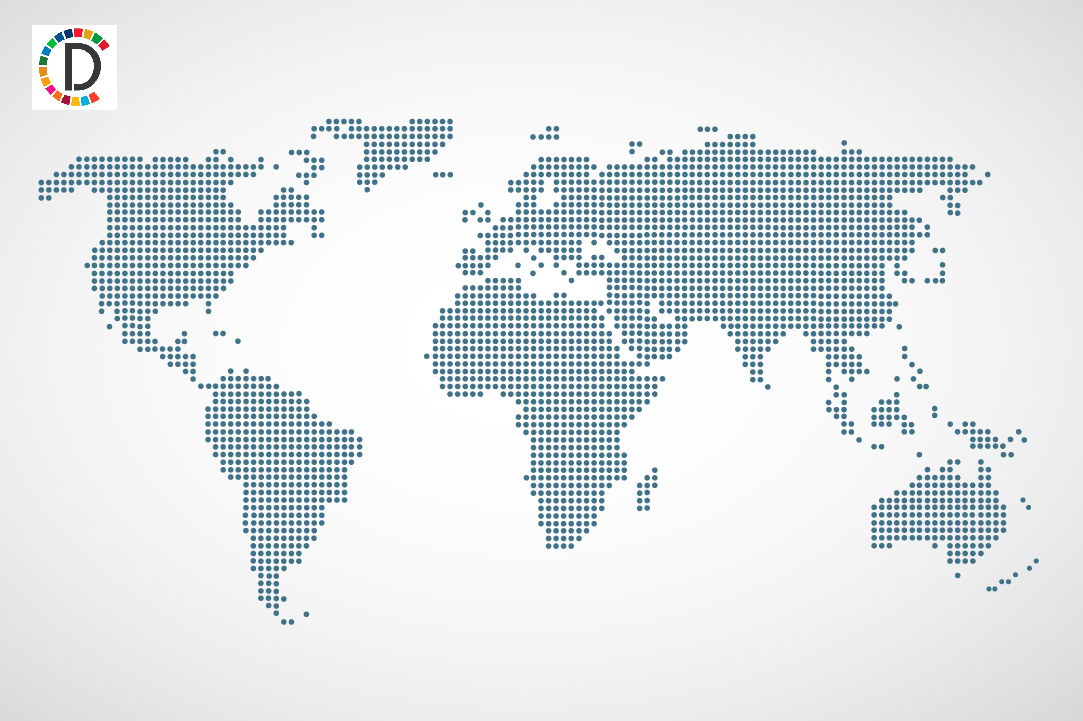Bulgaria's Parliamentary Struggle: GERB's Quest for Stable Governance
Bulgaria's President Rumen Radev tasked Rosen Zhelyazkov of the GERB party with forming a government. GERB, which won 68 seats in the June election, needs support from two more parties to achieve a majority in the fragmented parliament. Stable governance is crucial for EU fund utilization and eurozone aspirations.

- Country:
- Bulgaria
Bulgaria's President Rumen Radev handed Rosen Zhelyazkov of the centre-right GERB party a mandate to try to form a government on Monday, after it won the most seats in a parliamentary election last month. Zhelyazkov, a former parliament speaker, said after receiving the mandate that he was putting forward a proposal for a minority government.
Radev will forward the GERB proposal to parliament, which is then due to vote in the coming days. GERB won 68 seats in the 240-seat parliament in the June 8 election - the country's sixth snap poll in three years - but is yet to secure the support of at least two other political parties that it would need to command a majority.
Bulgaria, the poorest member of the European Union and one of its most corrupt states, has been plagued by revolving-door governments since anti-graft protests in 2020 helped topple a coalition led by GERB. It needs a period of stable, well-functioning government to accelerate the flow of EU funds into its creaking infrastructure and to nudge it towards joining the euro and fully participating in Europe's open-border Schengen area.
Plans to join the eurozone have already been pushed back twice because of missed inflation targets. June's election was triggered by the collapse in March of a coalition comprising GERB, which had held power for much of the previous 15 years, and the relatively new, reformist We Continue the Change (PP) party.
The two parties, both strongly pro-EU but divided by personal rivalries and distrust, said in March they could not form a new government without another election. The PP won 39 seats in the June poll, behind the Movement for Rights and Freedom, mainly representing Bulgaria's large ethnic Turkish minority, which won 47 seats. The ultra-nationalist Revival party won 38 seats.
(This story has not been edited by Devdiscourse staff and is auto-generated from a syndicated feed.)










